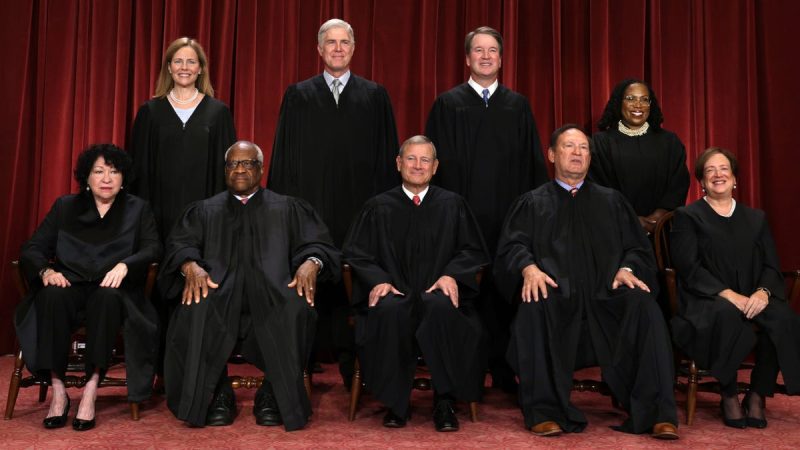
Supreme Court to hear Republican challenge that could shake up US elections
The Supreme Court on Monday agreed to take up a Republican-led challenge to U.S. campaign finance restrictions that limit the amount of money that political parties can spend on behalf of certain candidates.
The case, National Republican Senatorial Committee v. Federal Election Commission, was originally appealed to the court by the National Republican Senatorial Committee (NRSC), the National Republican Congressional Committee (NRCC), and on behalf of two Senate Republican candidates running for election at the time — among them, now-Vice President JD Vance.
It centers on whether federal limits on campaign spending by political parties run afoul of free speech protections under the First Amendment of the Constitution.
In asking the Supreme Court to review the case, petitioners said the spending limits ‘severely restrict political party committees from doing what the First Amendment entitles them to do: fully associate with and advocate for their own candidates for federal office.’
A decision from the Supreme Court’s 6-3 conservative majority could have major implications on campaign spending in the U.S., further eroding the Federal Election Campaign Act of 1971, a law Congress passed more than 50 years ago with the aim of restricting the amount of money that can be spent on behalf of candidates.
The case comes as federal election spending has reached record highs: Presidential candidates in 2024 raised at least $2 billion and spent roughly $1.8 billion in 2024, according to FEC figures.
The challenge will almost certainly be among the most high-profile cases to be heard by the Supreme Court in the upcoming term.
The Trump-led Justice Department also said it will side with the NRSC in arguing the case, putting the administration in the somewhat unusual move of arguing against laws passed by Congress. The Democratic National Committee, Democratic Senatorial Campaign Committee, and Democratic Congressional Campaign Committee, meanwhile, have asked to defend the decision of a lower appeals court that ruled in 2024 to keep the limits in place.
The Justice Department cited free speech protections as its basis for siding with the NRSC, saying their decision to do so represents ‘the rare case that warrants an exception to that general approach’ of backing federal laws.’
Oral arguments will be held in the fall.
